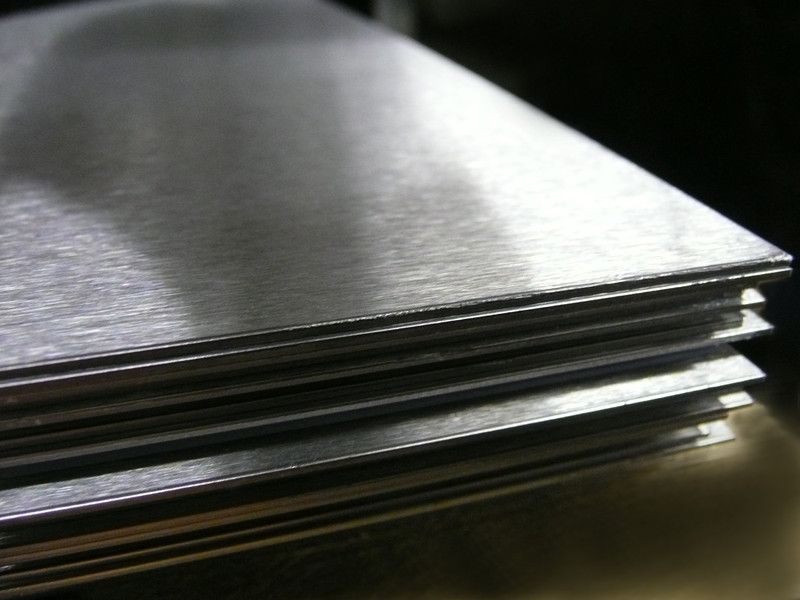
We see the occasional situation of stainless steel rust in daily life, Xiaobian here solemnly tell you: stainless steel will rust. Because, in the actual use of the process, many factors will exacerbate the damage of the passivation film on the surface of stainless steel, so that the passivity of stainless steel into an active state, resulting in a decline in the corrosion resistance of stainless steel, and then rust. The following factors lead to the occurrence of stainless steel rust caused by stainless steel passivation film.
Chloride ions are very harmful to stainless steel. In the passivation process, the content of chloride ions in the passivation liquid should be strictly controlled, and the chemical materials used in passivation have limited requirements for chloride ions. The preparation of passivation liquid water and cleaning water also have strict water quality requirements for chloride ions to ensure that the passivation product is not attached to chloride ions to avoid future problems.
For stainless steel alloys, the lower the surface roughness, the smoother the surface, the more difficult it is for foreign bodies to attach, and the lower the probability of local corrosion. Therefore, stainless steel should be as finished as possible. In addition, the surface cleanliness of stainless steel is also very important, the final cleaning of the surface after passivation should be carefully carried out, because the residual acid promotes the cathode reaction, so that the film is broken, so that the stainless steel is activated, and the corrosion resistance is greatly reduced.

Stainless steel passivated film belongs to thermodynamically inhibited metastable structure and its protective efficiency is related to the environmental medium. It should be cleaned regularly in use to remove harmful substances attached to the surface for a long time. Especially in the environment with chloride ions, avoid chloride ions long-term milk attached to the surface and concentrated in water such as stainless steel for food utensils, each time after contact with food, should be washed, so as to avoid ion action, damage passivation film. Such as containers and equipment for dairy products, the chloride ions contained in dairy products have a destructive effect on the passivation film, such as long-term dairy products, will lead to the capacity and equipment corrosion perforation, so regular cleaning, so that the passivation film recovery.
The contents of martensite and chromium-nickel in stainless steel have great influence on the passivation properties of stainless steel. Low nickel content leads to low clockwork performance. The passivation film performance of martensitic stainless steel is not as good as that of austenitic stainless steel. Therefore, in the daily use of stainless steel process, it is very important to pay attention to the use of stainless steel environment, according to the environment to choose the appropriate stainless steel varieties.
Breaking the High-Frequency Power Equipment Bottleneck: Amorphous Nanocrystalline Cores Usher in a New Era for Solid-State Transformers
2025-11-13The application of magnesium oxide in electrical steel
2023-09-01The difference between 200, 300 and 400 series stainless steel
2023-10-09Hongwang Random grain stainless steel,showing spirit of contemporary art
2023-04-28Jiangsu Xiangshui Introduced Jinbaolai BSS Stainless Pipe Project
2020-12-01Influence of core stress on performance of permanent magnet motor
2024-04-07






